Wednesday – January 15, 2025
A Zoom workshop to celebrate the World Logic Day 2025 (which is actually a day before this event)
https://sites.google.com/view/wldzurich2025
= Call for registration:
We are organizing a one-day online workshop to commemorate the World Logic Day.
Registration is free of charge and everybody is welcome to attend. To receive the zoom link, please see for further Information the homepage.
Or go directly to the google form:
https://forms.gle/KiRZ4L9AntL3VPFS6
== Speakers:
Jordi Fairhurst (UIB)
Seunghyun Song (Tilburg University)
Robert Naylor (Manchester)
Colin Rittberg (Vrije Universiteit Brussels)
Aleksandra Vučković (Belgrade)
== World Logic Day
This event is part of the celebration of world logic day. If you would like to contribute an event as well, please see
http://wld.cipsh.international/organise_event.html for further information.
== Topic:
After three years on the topic, we have realized that this context is too narrow to understand formalization and thus we have we added a yearly theme (although not all talks are necessarily aligned with it). This year we focus on ethical perspectives. Are there ethical aspects of the practices of formal sciences (including math), which role play formal arguments in politcal contexts, what about aspects of ethical AI …
This series of events began with the theme of foundations in the context of automated theorem proving:
What are the chances and problems of the act of formalization in the context of mathematics? It is often said, that all of mathematics can be reduced to first-order logic and set theory. The derivation indicator view says that all proofs stand in some relation to a derivation, i.e. a mechanically checkable syntactical objects following fixed rules, that would not have any gaps. For a long time this was a mere hope. There may have been proofs of concepts from early logicists but derivation never played a big role in mathematical practice. The modern computer might change this. Interactive and automated theorem provers promise to make the construction of a justification without any gaps feasible for complex mathematics. Is this promise justified? Will the future of mathematical practice shift to more formal mathematics? Should it? We hope to illuminate such questions and focus especially on what these developments mean for the future of the curriculum of university students.
== Contact:
Web: https://sites.google.com/view/wldzurich2025
Mail: jperez(at)fsof.uned.es / or deniz.sarikaya(at)vub.be
== Organizers:
José Antonio Pérez Escobar (UNED) & Deniz Sarikaya (Vrije Universiteit Brussel, University of Lübeck)

